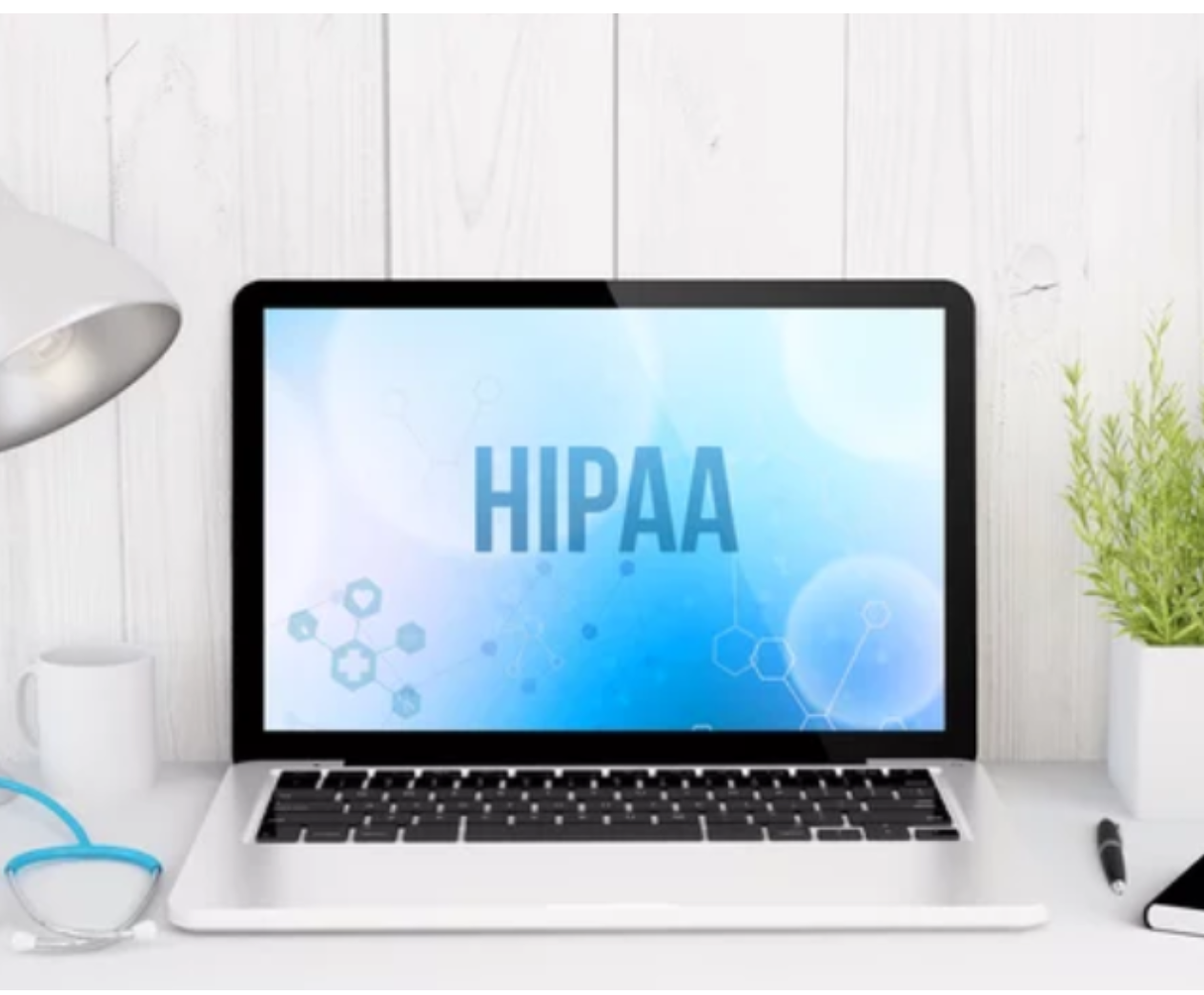In the healthcare industry, the protection of sensitive patient information is paramount. As medical device companies continue to innovate and enhance patient care, they must also uphold strict regulations outlined by HIPAA (Health Insurance Portability and Accountability Act). This includes not only the handling of patient data within medical devices but also within the technical contact centers that support them.
In this post, we’ll delve into the HIPAA responsibilities of a technical contact center within a medical device company, highlighting the crucial role they play in safeguarding patient privacy and ensuring compliance.
Understanding HIPAA Compliance
HIPAA sets the standard for protecting sensitive patient data, known as Protected Health Information (PHI). This includes any information that can be used to identify an individual and relates to their past, present, or future physical or mental health condition, treatment, or payment for healthcare services.
For technical contact centers of medical device companies, HIPAA compliance is non-negotiable. These centers often handle inquiries, troubleshooting, and support requests from healthcare providers and patients directly. As such, they regularly encounter PHI and must adhere to stringent regulations to protect it.
HIPAA Responsibilities of Technical Contact Centers
- Secure Communication Channels: Technical contact centers must ensure that all communication channels, including phone lines, emails, and online chats, are encrypted and secure. This prevents unauthorized access to PHI during interactions with healthcare providers and patients.
- Access Control and Authentication: Access to systems containing PHI should be restricted to authorized personnel only. Strong authentication measures, such as unique usernames and passwords, must be implemented to verify the identity of users accessing sensitive data.
- Training and Awareness: Staff members within technical contact centers should undergo regular training on HIPAA regulations and best practices for handling PHI. This includes education on the importance of patient privacy, data security protocols, and how to respond to potential breaches.
- Data Encryption and Storage: Any PHI stored within technical contact center systems should be encrypted to protect it from unauthorized access. Additionally, strict protocols should be in place for the secure storage and disposal of PHI to prevent data breaches.
- Incident Response and Reporting: In the event of a security breach or unauthorized access to PHI, technical contact centers must have procedures in place to respond promptly and effectively. This includes notifying affected parties, investigating the incident, and reporting it to the appropriate authorities as required by HIPAA regulations.
Implementing a Culture of Compliance
Achieving and maintaining HIPAA compliance requires a concerted effort from all levels of the organization, including technical contact center staff. Here are some key strategies for fostering a culture of compliance within the contact center:
- Leadership Support: Management should demonstrate a commitment to HIPAA compliance by providing resources, support, and ongoing training for staff members.
- Regular Audits and Assessments: Conducting regular audits and assessments of systems, processes, and staff adherence to HIPAA regulations helps identify areas for improvement and ensures ongoing compliance.
- Continuous Education: Stay updated on changes to HIPAA regulations and industry best practices through continuous education and training programs for contact center staff.
- Risk Management: Proactively identify and mitigate potential risks to patient data security within the contact center environment through risk assessments and risk management strategies.
Conclusion
In conclusion, technical contact centers within medical device companies play a critical role in maintaining HIPAA compliance and safeguarding patient privacy. By implementing robust security measures, providing comprehensive training, and fostering a culture of compliance, these contact centers can effectively navigate their HIPAA responsibilities while delivering high-quality support to healthcare providers and patients.



